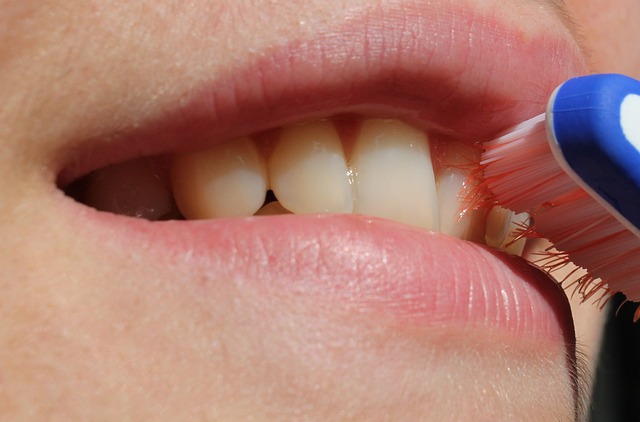Taking care of your oral health is a crucial part of maintaining overall well-being. Regular dental check-ups, cleanings, and any necessary treatments are essential to prevent oral health problems from escalating into more significant and costly issues. However, many people wonder how much they should set aside for dental care expenses. In this blog, we’ll explore factors to consider and provide tips on budgeting for your dental care needs.
The Importance of Dental Care
Prior to delving into financial matters, it’s essential to underscore the importance of dental care. Inadequate oral health can give rise to various issues, including tooth decay, gum disease, and potential systemic health complications. Consistent dental check-ups with dentists like bafdentistry.com play a pivotal role in early problem detection and resolution, thereby averting the need for more extensive and costly treatments in the future.
Factors Influencing Dental Care Costs
- Frequency of Check-Ups: How often you need to visit the dentist for check-ups and cleanings can affect your annual dental expenses. Many dental professionals recommend biannual visits, but some individuals may require more frequent care based on their oral health needs.
- Dental Insurance: Having dental insurance can significantly reduce your out-of-pocket expenses for routine dental care and treatments. The type of coverage you have, such as a Preferred Provider Organization (PPO) or Health Maintenance Organization (HMO) plan, can impact your costs.
- Type of Treatment: The specific dental treatments you need, such as fillings, crowns, or orthodontic work, will vary in cost. Some procedures may be partially covered by insurance, while others may not.
- Geographic Location: The cost is likely to change depending on where you are. Urban areas generally have higher costs than rural areas. It’s important to consider regional differences when budgeting for dental care.
- Preventive vs. Restorative Care: Preventive measures, such as regular check-ups and cleanings, tend to be less expensive than restorative treatments like fillings or root canals. It’s well known that spending money on preventive care can help avoid the more expensive treatments in the long run.
Budgeting for Dental Care
- Estimate Annual Costs: Start by estimating your annual dental care costs based on your dental history and needs. Consider the cost of regular check-ups, cleanings, X-rays, and any potential treatments or procedures.
- Review Your Insurance: If you have dental insurance, review your policy to understand what it covers and any out-of-pocket costs you may incur. Be aware of annual maximums and coverage limitations.
- Create a Dental Savings Fund: Set up a dedicated savings account or fund specifically for dental care expenses. Regularly contribute to this fund, even if it’s a small amount each month, to ensure you have money available when needed.
- Explore Flexible Spending Accounts (FSAs) or Health Savings Accounts (HSAs): If available through your employer, consider contributing to an FSA or HSA. Using accounts like these means you can use pre-tax dollars for qualified expenses, reducing your overall costs.
- Consider Dental Discount Plans: Dental discount plans, also known as dental savings plans, can provide reduced fees for dental services at participating providers. While not insurance, these plans can offer savings on dental care costs.
- Discuss Payment Options: If you need extensive dental work, discuss payment options with your dentist. Some dental practices offer financing options or payment plans to make necessary treatments more manageable.
In conclusion, budgeting for dental care is essential to prevent costly dental issues. By estimating your annual costs, reviewing your insurance, and setting aside funds for dental care, you can have the financial resources necessary to address your oral health needs. Prioritizing preventive care and exploring cost-saving options can further help you manage your dental expenses effectively, promoting a healthy and confident smile.







